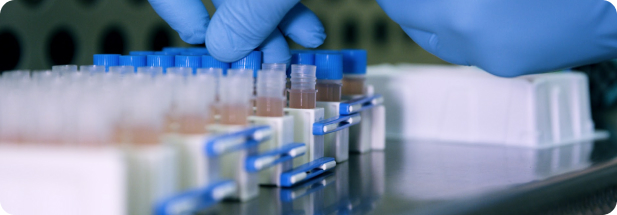Discover Biologics
Biologics Insights: Shaping the Future of Education
This platform equips healthcare professionals with the latest protocols, regulatory guidance, and practical insights on biologics. Empowering safe, effective use to transform patient care.

Research & Case Studies
Stay up to date with the most current literature in regenerative medicine and continuing case studies showing the advancements of biologics.

Treatment Protocols
Find essential protocols and best practices for incorporating biologics into clinical care effectively.

Regulatory Information
Stay updated on evolving state regulations to ensure compliance in administering biologic treatments.

Education: Basics of Biologic Therapy
Discover the core science and latest innovations driving advancements in biologics and regenerative medicine.


About
Our mission is to equip practitioners with essential knowledge on biologics, covering protocols, regulatory guidelines, and foundational insights. This site serves as a trusted resource for navigating the evolving landscape of stem cell applications in clinical practice.
Disclaimer
The information on this website is provided solely for informational purposes and has not been reviewed or approved by the FDA or any other regulatory authority. It does not constitute medical advice, diagnosis, treatment, or any guarantees of medical outcomes and should not be used as a substitute for formal medical education and training, nor as a substitute for consultation with qualified healthcare professionals. Similarly, the content does not provide legal advice or guidance on regulatory compliance and should not replace consultations with qualified legal professionals.
DiscoverBiologics.com makes no representations or warranties, express or implied, regarding the accuracy, reliability, or applicability of the information provided to individual health circumstances or the legal use and adoption of biological products by clinics or providers.
By accessing this website, you agree to the terms and conditions outlined herein and accept full responsibility for compliance and clinical decisions made within your practice. You also acknowledge that you have been encouraged to review the disclaimer page and understand that any reliance on the information provided is voluntary and at your own risk and sole discretion.
2025 © All Rights Reserved. DiscoverBiologics.com
